Timeline: Ketogenic Diet Therapy for Epilepsy | The Johns Hopkins Epilepsy Center
The benefits of the ketogenic diet as a treatment for epilepsy have been proved time and time again during its first century. Throughout that period, Johns Hopkins Medicine has been one of the pioneers leading the study, testing, development and clinical application of this remarkable therapy. The following timeline highlights the major milestones and key people in that story.
-
1915 (Milestone) : Dr. Howland studies link between fasting and epilepsy
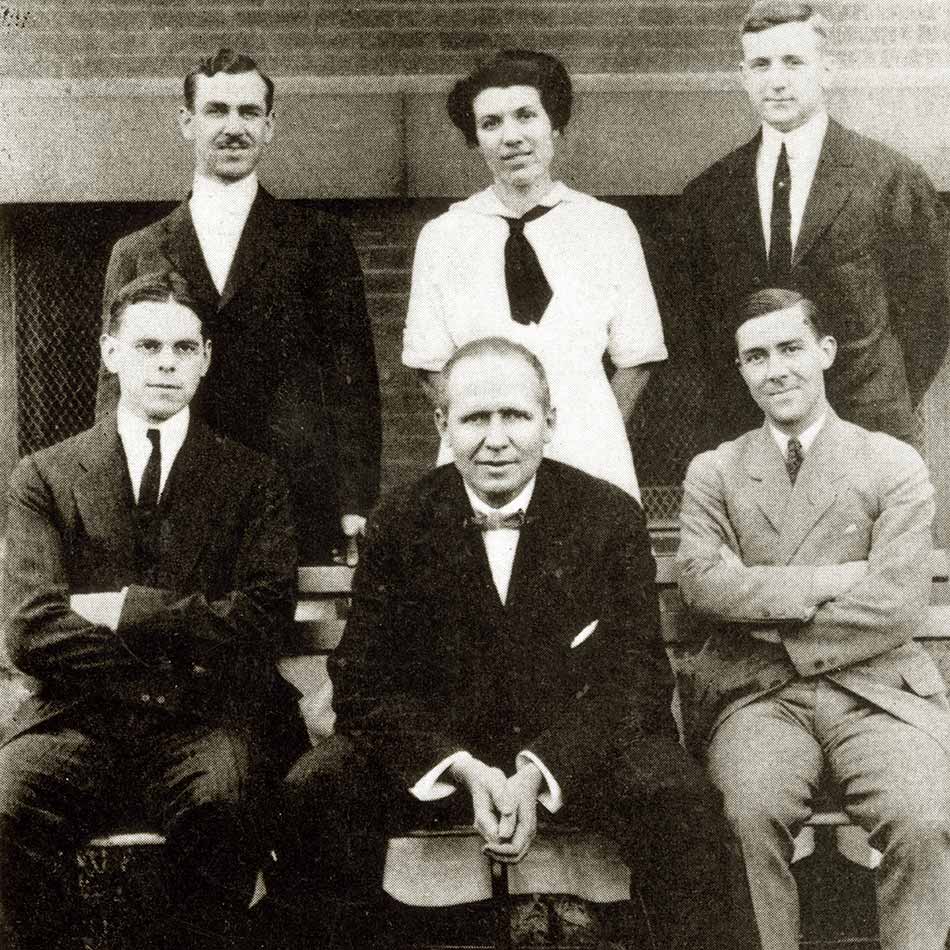
John Howland, M.D., professor of pediatrics at the Johns Hopkins University School of Medicine and the first director of the Harriet Lane Home for Invalid Children (now Johns Hopkins Children’s Center ) receives a $5,000 donation (worth about $130,000 today) from his brother Charles, a wealthy New York lawyer, for a laboratory — one of the first at Johns Hopkins — to study why fasting helped rid Charles’ son of epilepsy. Years of research does not yield an answer.
-
1921 (Research) : "Ketogenic diet" is coined

On July 27, the Mayo Clinic’s Russell Wilder, M.D., first uses the term “ketogenic diet” to describe and propose a nutritional treatment for epilepsy that tricks the body into believing it is fasting. With 70%–90% of calories from fat and very limited amounts of carbohydrates and protein, the body becomes deprived of glucose and begins breaking down fat cells for energy. Wilder believes the diet could be just as effective as fasting in treating epilepsy. His colleagues at the Mayo Clinic test the theory on both children and adults with epilepsy and find it works. The keto diet is widely used after that by other institutions, including Johns Hopkins.
-
1936 (Document) : Thousands of children begin treatment at Johns Hopkins
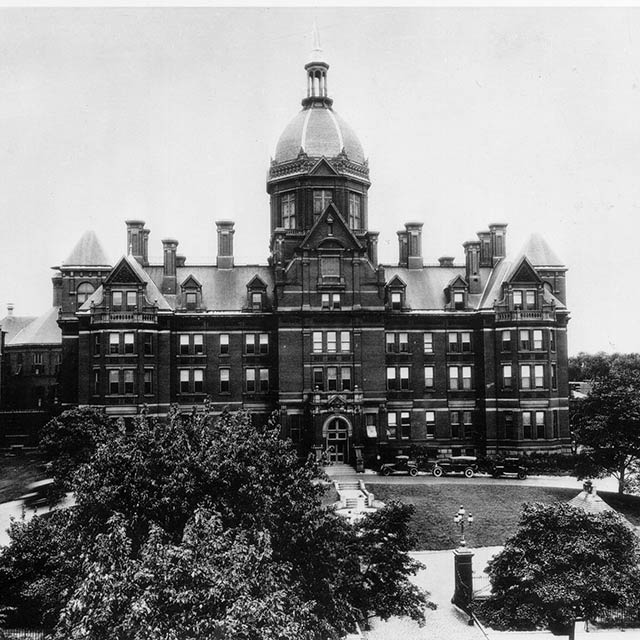
Samuel Livingston, M.D., joins The Johns Hopkins Hospital, and with his colleague, Lydia Pauli, M.D., begins treating the first of more than 33,000 patients with epilepsy over the next 41 years (including four years following his retirement from Johns Hopkins in 1973). During that time, Livingston and Pauli, along with dietitian Millicent “Millie” Kelly, use the ketogenic diet for nearly 1,000 children with myoclonic epilepsy in what is still the largest single-center case study ever of the therapy. They reported in Developmental Medicine & Child Neurology in 1977 that 54% of the patients were freed from seizures and an additional 26% showed marked improvement.
-
1972 (Document) : Dr. Freeman founds Ketogenic Diet Center
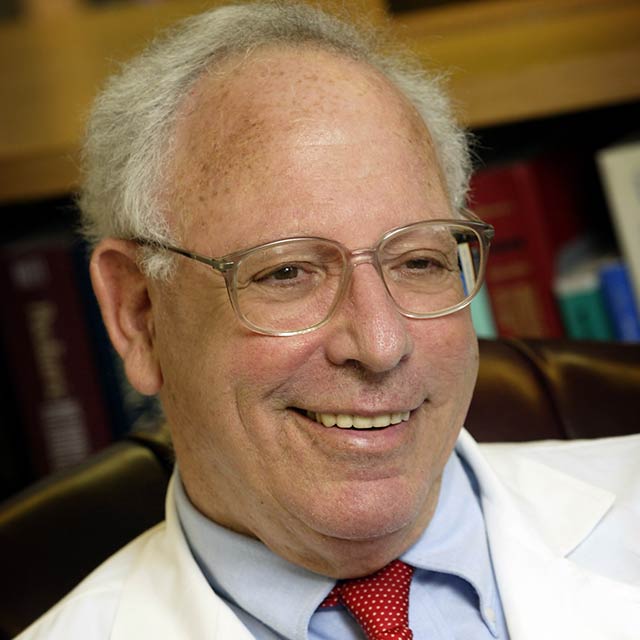
The Johns Hopkins Pediatric Ketogenic Diet Center is started by John Freeman, M.D., head of pediatric neurology, and Kelly. The center helps revitalize research and clinical use of ketogenic diet therapy for epilepsy after it had been overshadowed for decades by anti-seizure drugs. For many years, Johns Hopkins was one of the few centers that still studied and used the diet.
-
1993 (Research) : Charlie and his family seek care at Johns Hopkins
Charlie Abrahams, a 20-month-old patient with epilepsy and the son of noted film writer/producer/director Jim Abrahams ( Airplane! , Top Secret! and The Naked Gun series), is admitted to Johns Hopkins Children’s Center after many epilepsy treatments and surgeries tried on him had failed. Within days of going on ketogenic diet therapy, his seizures completely stop. The Charlie Foundation for Ketogenic Therapies is founded by his parents to raise public and clinician awareness, promote scientific studies and provide research funding for the treatment.
-
1994 (Document)
The Epilepsy Diet Treatment book is first published
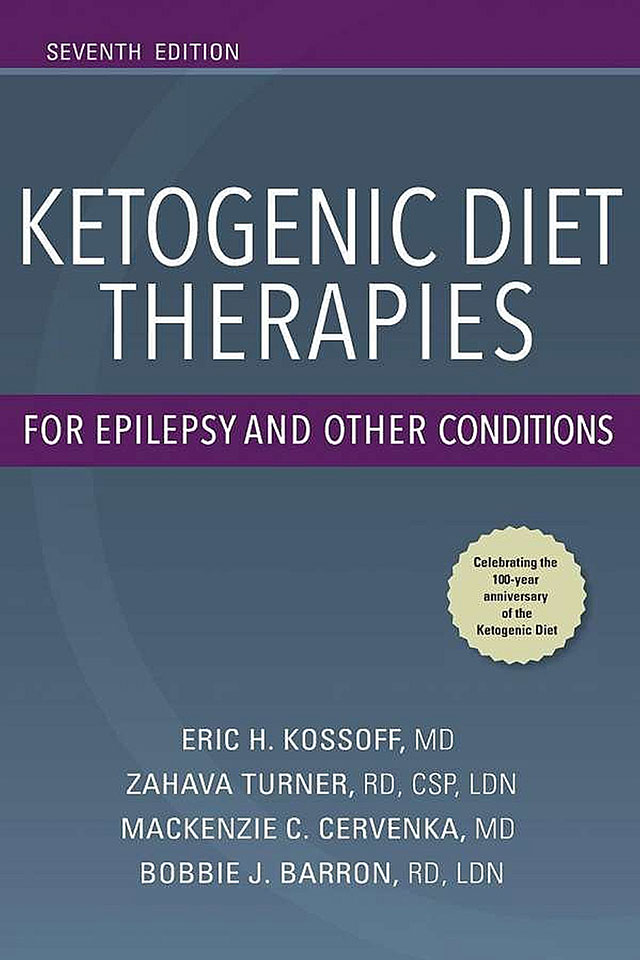
With funding from the Charlie Foundation, Freeman, Kelly and Freeman’s daughter, Jennifer, publish The Epilepsy Diet Treatment . The book sells out its initial 1,500 copies in one weekend after the airing of a Dateline: NBC news special about Charlie Abrahams. The book is now in its seventh edition.
Dr. Freeman launches pediatric database
Also, in 1994, Freeman creates a research database to monitor pediatric patients treated for epilepsy at Johns Hopkins. Just over 1,000 children have been enrolled in the nearly three decades since.
-
1997 (Milestone) : ...First Do No Harm
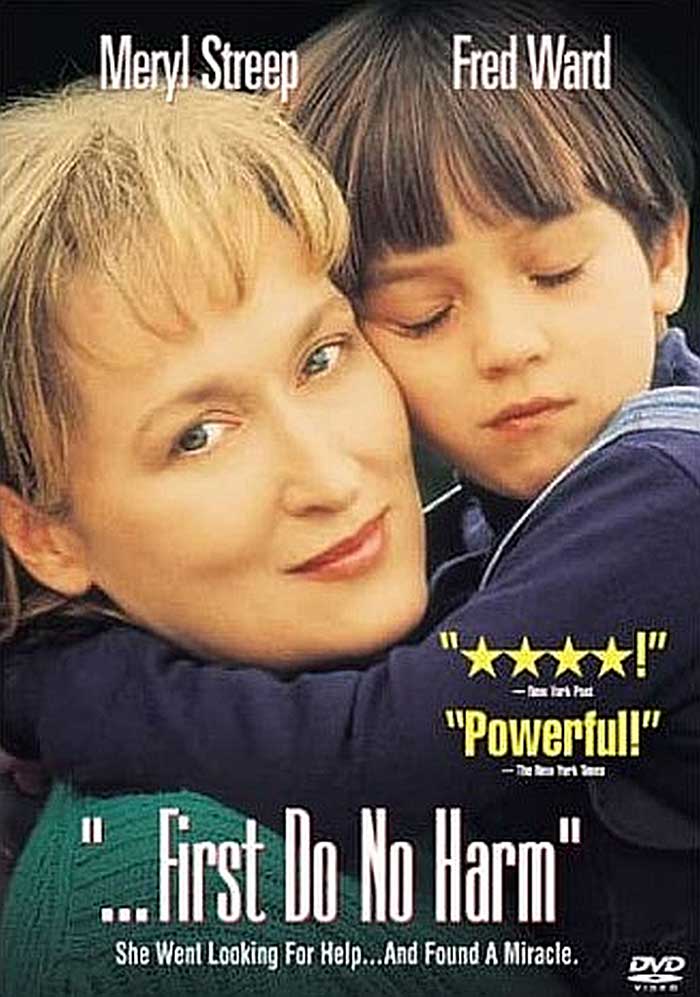
Jim Abrahams directs and produces the made-for-TV movie … First Do No Harm , a fictional drama starring Meryl Streep that is based on Charlie Abraham’s experience with ketogenic diet therapy. Kelly plays herself in the film.
-
1998 (Document)
Dr. Vining publishes first-of-its-kind report
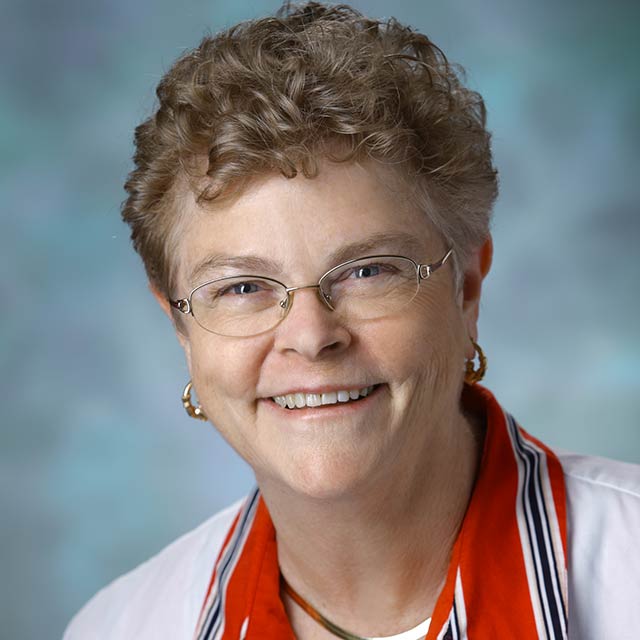
A paper in Archives of Neurology by Freeman, Patti Vining, M.D., and others reports on the first-ever, prospective multicenter study of children with epilepsy using ketogenic diet therapy. The study showed that after six months of treatment, 55% of patients had a greater than 50% reduction in seizures. This was one of the first papers to include a day-to-day guide for the diet.
Landmark "150 Study" is published
That same year, Freeman’s team publishes the 150 Study in Pediatrics . The study chronicled 150 children, ages 1 to 16, who were treated with ketogenic diet therapy at Johns Hopkins Children’s Center and followed for a minimum of one year. After a year, 55% remained on the diet and 27% had a greater than 90% decrease in seizure frequency. With over 700 citations, this paper is one of the most referenced studies to date on ketogenic diet therapy.
-
2003 (Milestone) : Dr. Kossoff pioneers the "modified Atkins diet"
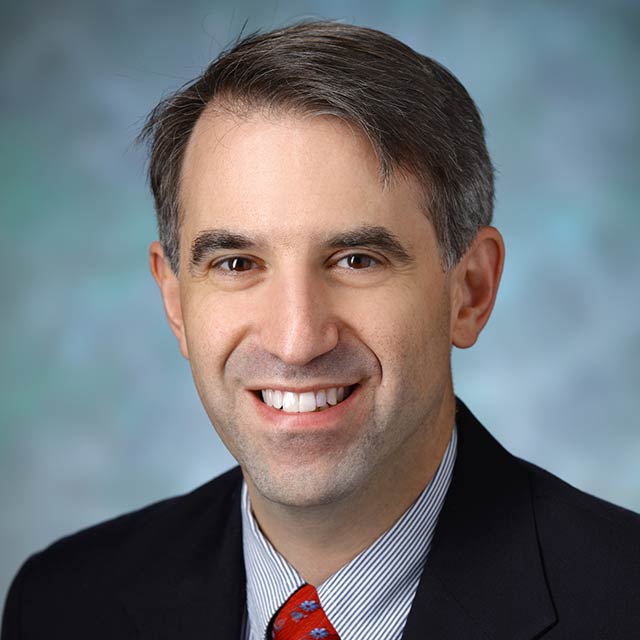
A 6-year-old girl named Casey becomes the first Johns Hopkins Children’s Center patient treated for epilepsy using the Atkins diet, an adaptation of the ketogenic diet that was popular at the time for weight management. Less restrictive and somewhat easier for Casey and her parents to follow, it is soon called “the modified Atkins diet” by her neurologist, Eric Kossoff, M.D. , and eventually becomes a viable epilepsy treatment option for children, adolescents and adults.
-
2007 (Milestone) : Grateful family helps spread the word
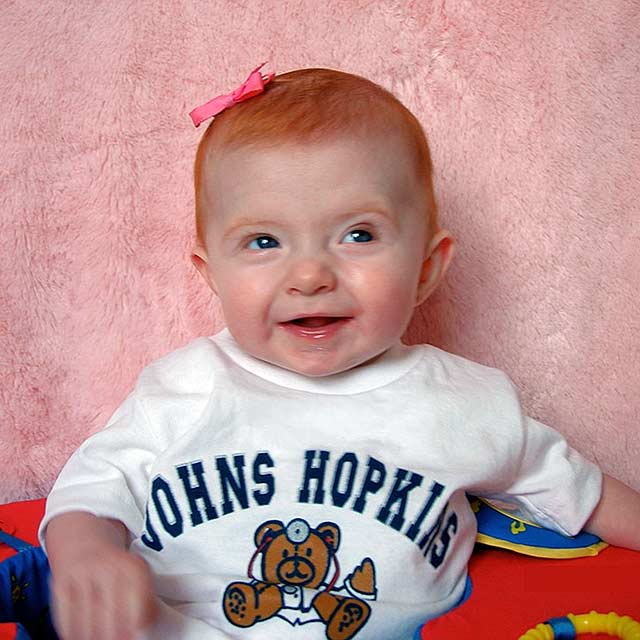
Carson Harris, 5 months old, is treated with ketogenic diet therapy for new-onset infantile spasm, a severe form of epilepsy that occurs in one in 2,000 babies. Although the condition is typically treated with steroids, Harris’ parents are offered ketogenic diet therapy as an option. Her seizures stop within days. Harris’ parents create the Carson Harris Foundation to “get the word out” about using the ketogenic diet as a first-line treatment.
2007 (Document) :
That same year, Kossoff takes over the Johns Hopkins Children’s Center ketogenic diet therapy program and teams with dietitian Zahava Turner. Kossoff and Turner continue to lead the program today.
-
2009 (Document) : First Randomized, Controlled and Double-Blinded Trial
A study, sponsored by the National Institutes of Health , of ketogenic diet therapy in the treatment of 20 Johns Hopkins Children’s Center patients with pediatric epilepsy is published in Epilepsia . The study shows scientifically that the diet therapy controls seizures. To date, this is the only randomized, controlled and double-blind trial of the treatment for epilepsy. -
2010 (Milestone) : Dr. Cervenka establishes first adult center
Mackenzie Cervenka, M.D. , establishes the Johns Hopkins Adult Epilepsy Diet Center , the world’s first clinic to offer ketogenic diet therapy specially designed for adults with epilepsy.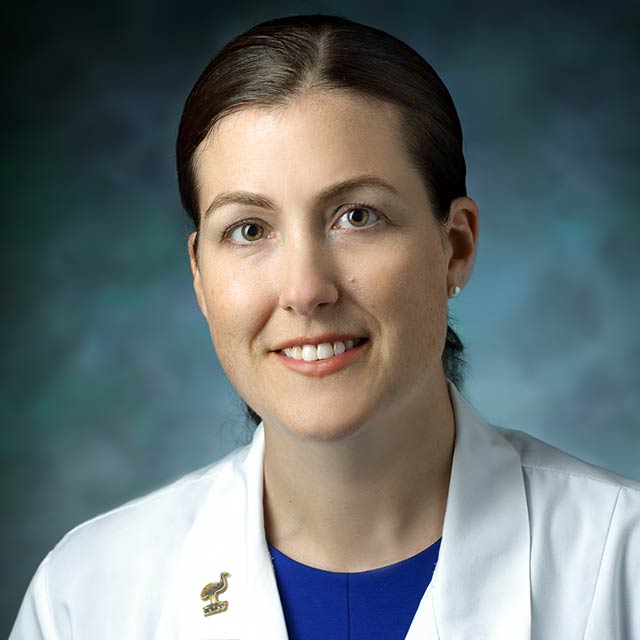
-
2018 (Document) : Second set of guidelines published
Kossoff leads an effort to establish and publish the second international consensus guideline focusing on how best to provide ketogenic diet therapy to children with epilepsy.
-
2020 (Document) : Adult guidelines established
Two years later, Cervenka leads the development of a similar international guideline — the first of its kind — for ketogenic diet therapy for adults with epilepsy.
-
2021 (Milestone) : Ketogenic diet marks 100th anniversary
On July 27, ketogenic diet therapy turns 100 years old.
